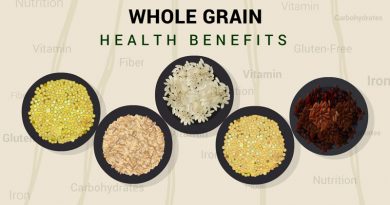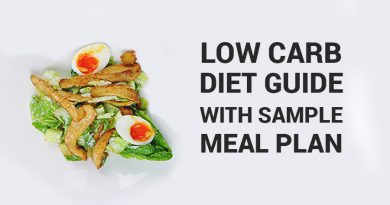This article discusses the affect of calorie in our body and how to manage its intake to stay healthy.
How many calories should you eat in a day?

Although a calorie is a unit of energy, when most of us think of it, we consider how much fat it’s going to add to our body. Calories are the amount of energy that food adds to our body after consumption. So, if we consistently take in more calories than we need, we will gain weight. If we take in too little calories, we will lose weight, get skinny, and eventually experience loss of muscle mass. That’s why it is essential to keep the amount of calorie intake in balance. Today we will be discussing just that, but before that let’s get some important facts cleared out first.
How much energy is in a calorie?
Our body needs the energy to function, and we get from the food we eat. But how do we calculate the amount of energy we get from each food? We estimate that using calorie. Calorie, also known as kilocalorie, is the unit of energy we get from foods like carbohydrates, proteins, and fats. So, for example, if a food label says, it contains 100 calories, it means how much energy somebody could get from eating or drinking it.
What do calories do to your body?
There can only be one of two outcomes with the calorie energy our body absorbs; either our body will burn it or store it. The calories that come from the food we eat can never disappear or be destroyed; It can only change form. These calories transform into chemical energy in the bonds of the food molecules which can be burned to produce different types of stamina like heat energy, electrical energy, sound energy, and kinetic (movement) energy, OR, if they are unused, they are stored again as more chemical energy.

Corporate Wellness App
CircleCare
What are the calories in food?
The calories in the food mainly come from three sources proteins, carbohydrates, and fats. One gram of – protein has four calories, carbohydrate has four calories, and fat has nine calories. With a bit of simple calculation, So if a food label says it has 4 grams of protein, 4 grams of carb and 9 grams of fat it means it has 86 calories (Protein x 4gm (16) + Carb x 4gm (52) + Fat x 9gm (18) = 86 calories!).
How many calories should you eat in a day?
As we have mentioned before, if you intake more calories than your body needs, you will gain weight, and if you take less, you are starving your body. So it is essential to keep calorie intake in balance, which is for an average woman is about 2000 calories and for an average man its 2500 calories per day to maintain. But if you want to lose weight, try taking it down to 1500 calories for women and 2000 for men to lose one pound of weight per week. However, All these depends on numerous other factors such as age, height, current weight, activity levels, metabolic health, and several others.
Is it safe to eat 1200/1400 calories a day?
Generally speaking, you can lose weight if you go under 1400 calories per day But eating 1200 or 1400 calories a day might not be appropriate for everyone as there are so many factors involved with it. It can severely lower your metabolism rate. So, things like your age, gender, current calorie intake, and physical activity level need to be considered before for a diet that below 1400 calorie.
For more news, research and tips related to health and nutrition download CircleCare App now!








Pingback:5 Ways to gain weight fast to get rid of the skinny body | CircleCare